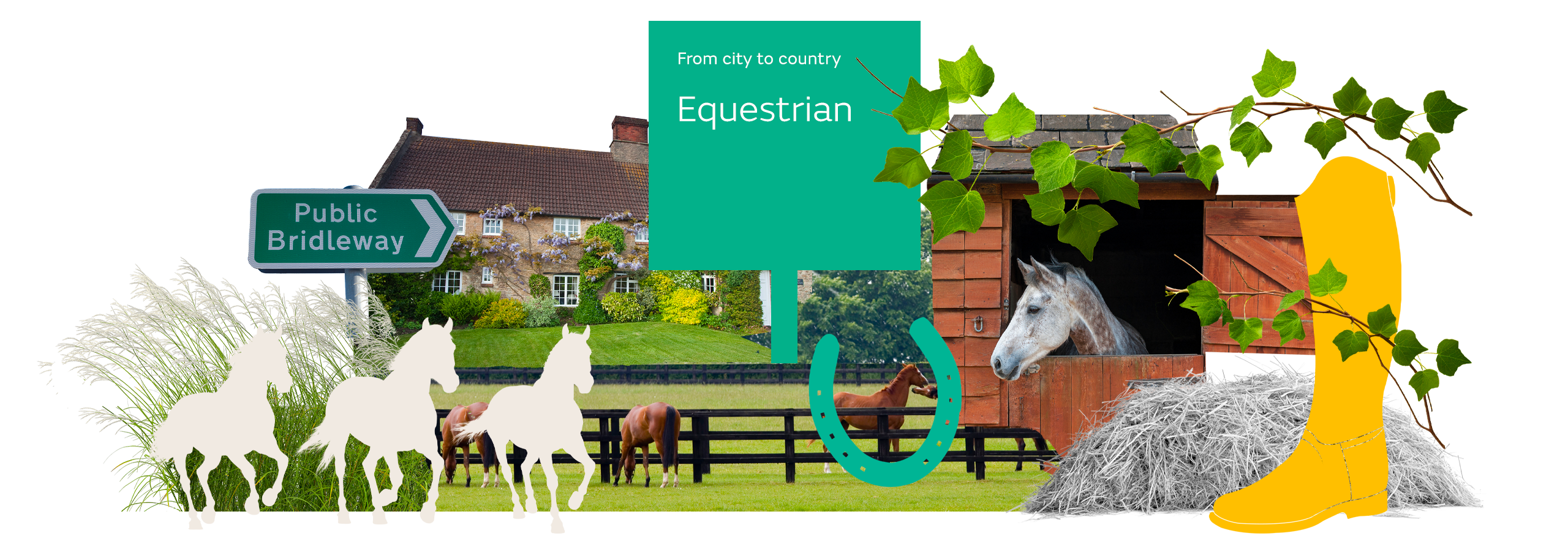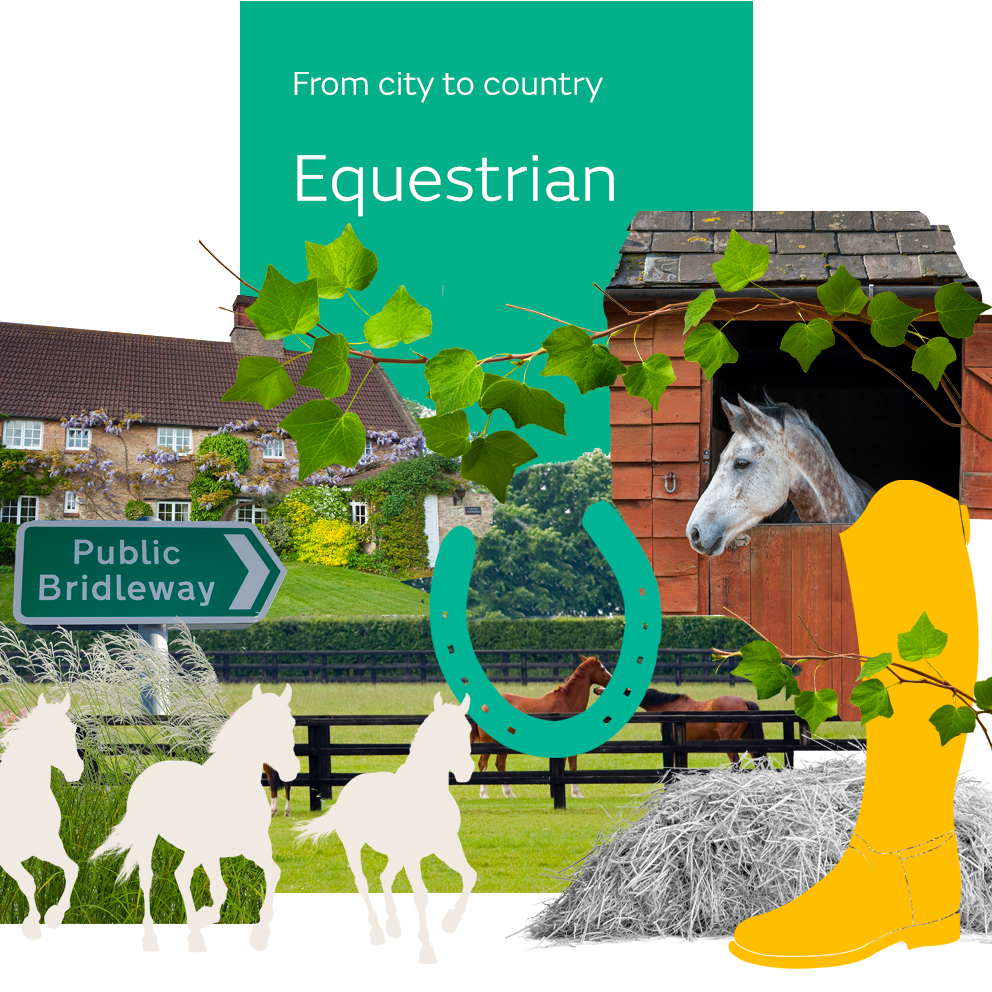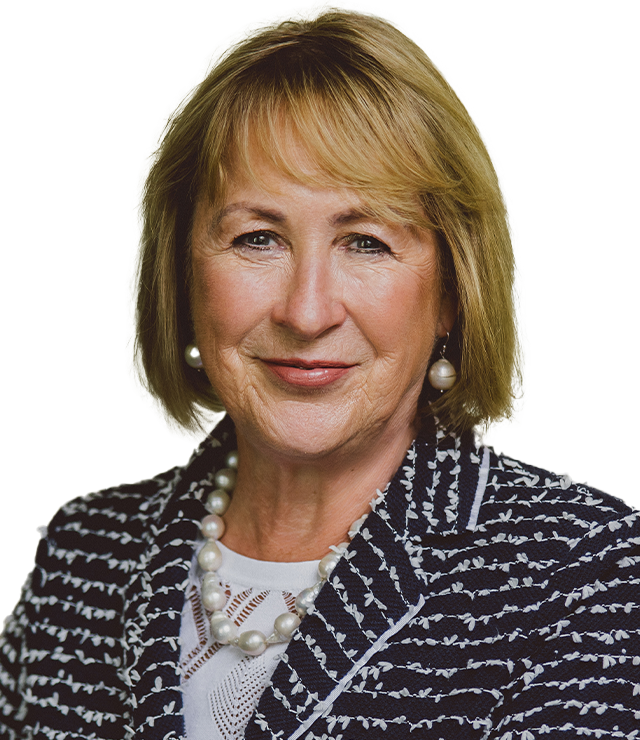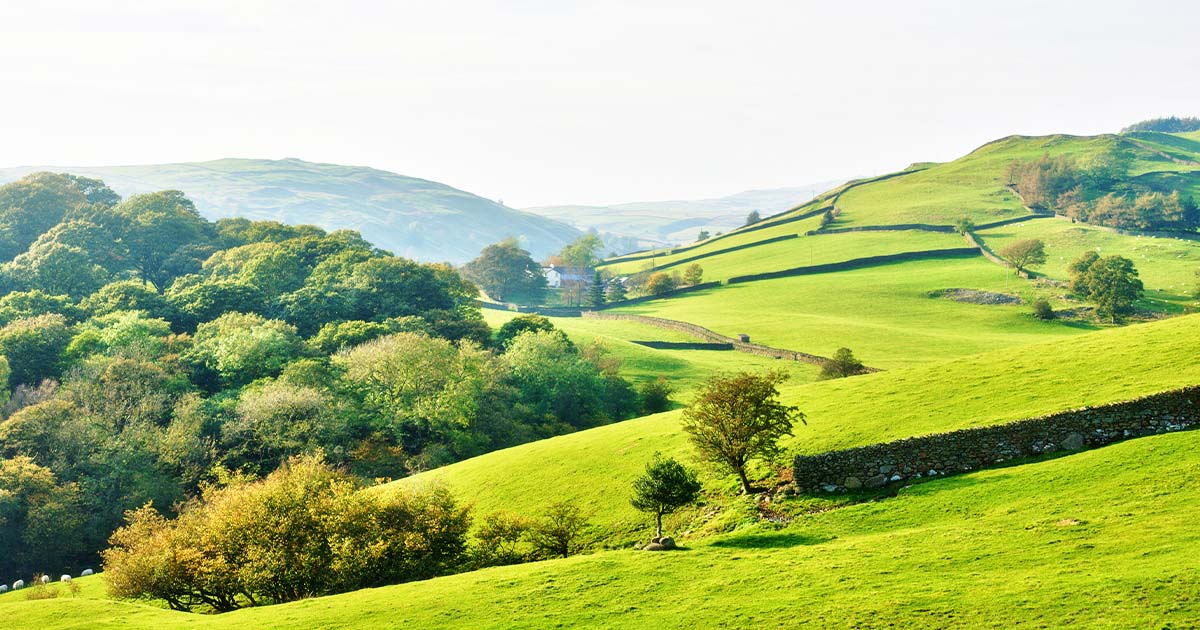

Equestrian
Buying equestrian property comes with its own set of unique quirks that go beyond bricks and mortar – it isn’t just about fences and fields, it’s a whole different breed of real estate. From scouting the perfect location with good grazing and great transport links, to mastering the maze of SDLT rates, planning permissions, and water rights; every detail adds to the tapestry of owning a property that will help, not hinder, your equestrian goals.
Our multidisciplinary team, many of whom are equestrian enthusiasts themselves, work seamlessly alongside our trusted network of agents, bankers, and insurance brokers to ensure your equestrian interests are protected, nurtured, and set up for long-term success.
Thinking of purchasing an equestrian property?
Here are just a few of the many quirks to be aware of:
SDLT
The rates of SDLT you will be liable to pay differ depending on many factors including how the seller has used the site: a commercial venture or for private leisure or both? If the property being purchased is classed as a business at the time of purchase, you may be paying SDLT at commercial rates (with a top rate of 5%). If on the other hand you are simply buying a glorious home with stabling for your own horses, then residential rates of SDLT should apply with a top rate of 19% if you are a non-resident individual buying a second home.
If you are considering using a company to purchase the property then there will be further considerations regarding the flat rate of SDLT and annual ATED filing.
It is critical that contemporaneous evidence is sought through the due diligence process and assessed by your solicitor at an early stage.
VAT
If your seller is operating a business, they may have opted to tax the property which means that they are likely to charge VAT in addition to the purchase price. SDLT is paid on the purchase price plus VAT. It is important for your solicitor to confirm whether any part of the property has been opted to tax and that where possible if you are buying a business which you will carry on to argue that the sale is of a “transfer of a going concern” (TOGC) with no VAT chargeable if certain stringent conditions are satisfied; or if you are buying the site to use for personal purposes that your offer is made inclusive of VAT.
Compliance with business regulations
If you are buying an equestrian property as a business venture, you must ensure all business regulations are complied with. This includes ensuring an asbestos register is available on site and checking whether any current workers are protected agricultural tenants before seeking to evict them. Note that grooms are not classed as agricultural workers, so are not considered protected tenants.
Planning
Your solicitor should ensure that the property has the correct planning consents in place prior to any purchase. If the property has not been running as a commercial equestrian property for long, you should check that an application to change the use class of the property functioning as a business has been granted.
Insurance
The types of insurance necessary will depend on the nature of the property being purchased. Equestrian equipment, machinery and buildings can be very expensive, and so ensuring a comprehensive insurance plan is in place prior to completion is essential. If the property will be used to run a business, all relevant business insurance policies should also be put in place.
Water supply
It is essential that the property has access to an ample water supply. Equestrian properties, whether commercial or private, require large volumes of water to function. Your solicitor should ensure the correct water abstraction licenses are sought or transferred to enable you to keep your horses and irrigate any fields, as necessary.
Public rights of way
A Local Authority search may reveal a right of way running through or along your property. You should consider the impact this may have on your privacy, the welfare of your horses and any potential dangers that may arise because of it. For example, if you are purchasing a stud, it would be wise to ensure any stallions or horses which may pose a threat to curious passers-by are grazed away from the path or ensure that signs highlighting the danger are displayed.
Employment
Whether you are buying an equestrian property as a commercial venture or for private leisure, you will likely need people to assist you. Whether that is ad-hoc support from a local groom or a team of permanent employees, these arrangements should be properly documented. You should also have regard to any legal obligations on you as an employer. For example, ensuring you have mandatory policies and procedures (including those relating to health and safety) in place, pay staff in accordance with the national minimum wage and giving staff proper breaks and annual leave. Getting this wrong can result in costly claims.
Succession planning
Equestrianism tends to be a family affair, whether pursued as a competitive sport, a business or a passion project. The ability to pass equestrian assets from one generation to the next in an efficient manner with as few disruptions as possible is an important goal for many clients. Having succession in mind when planning the purchase of equestrian property pays dividends further down the line.
For those running equestrian businesses, or businesses where equestrianism plays a part, the structure of the enterprise and how its assets are held are critical to securing a successful claim for inheritance tax reliefs. With the introduction of a £1 million cap on the value of assets eligible for 100% business property relief and agricultural property relief (as announced in the October 2024 Budget), early and strategic planning has never been more important.
Download our full report to learn more or contact our team today to help you navigate your own home buying journey.
Download the report Contact usOur team

Henry Cecil
Partner, Head of Rural Land and Business

Joe Beeston
Partner, Employment and Partnerships

Elizabeth Small
Partner, Tax

Henrietta Watson
Senior Associate, Private Client

Oliver Claridge
Senior Associate, Tax

Poornima Andrews
Senior Associate, Residential Property

Lucy Barber
Partner, Head of Residential Property

Robert Barham
Partner, Residential Property

Ben Barrison
Partner, Head of Real Estate Disputes

Jayne Beardmore
Senior Associate, Rural Land and Business

Lanna Chen
Senior Associate, Residential Property

Victoria Du Croz
Partner, Head of Planning

Penny Elliott
Consultant, Rural Land and Business

Christopher Findley
Consultant, Rural Land and Business

Justin Fuller
Property Lawyer, Rural Land and Business

Georgina Haddon
Senior Associate, Residential Property

Freddie Hunter
Senior Associate, Residential Property

Anna Jassani
Senior Associate, Residential Property

Selina Karki
Paralegal, Rural Land and Business

Tatiana Kinsky
Associate, Rural Land and Business

Bryan Lai
Paralegal, Residential Property

Andrew Lane
Partner, Rural Land and Business

Shelley Lloyd
Associate, Residential Property

Helen Marsh
Partner, Residential Property

Anna Maude
Associate, Residential Property

Charles Miéville
Partner, Residential Property

Polly Montoneri
Partner, Rural Land and Business

Andrew Parker
Partner, Head of Construction Disputes

Bhavleen Puri
Paralegal, Residential Property

Charlotte Ross
Senior Knowledge Development Lawyer, Real Estate and Construction Disputes

Victoria Salter-Galbraith
Counsel, Rural Land and Business

Gethen Sasanow
Senior Associate, Residential Property

Adam Saunby
Senior Associate, Rural Land and Business

Jessica Scarlett
Senior Associate, Residential Property

Ruth Thi
Paralegal, Residential Property

Cecelia Thornhill
Paralegal, Residential Property

Will Tidy
Associate, Rural Land and Business

Samantha Tomczyk
Senior Associate, Residential Property

Harvey Tomes
Associate, Rural Land and Business

Adam Whitfield-Jones
Senior Associate, Residential Property

Caroline Wild
Counsel, Real Estate Disputes

Jayne Woodland
Licensed Conveyancer, Rural Land and Business




